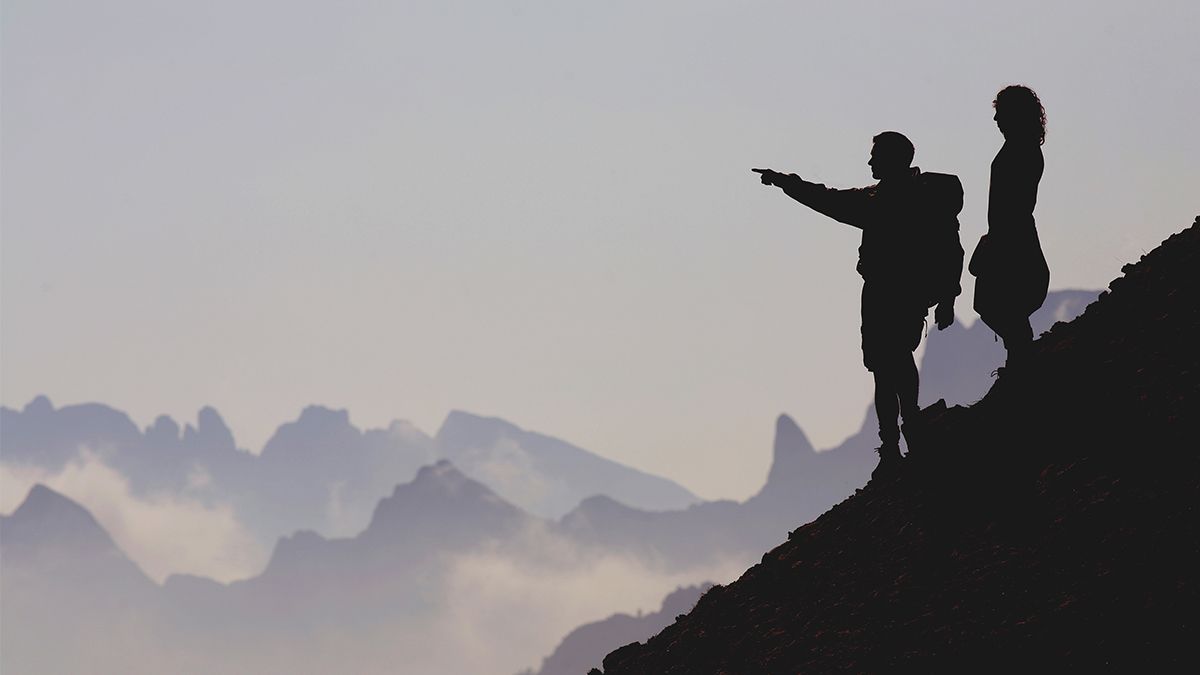The 5 rules for respecting and appreciating the mountains
For any experienced hiker, the mountains and nature in general are important resources through which you can discover a unique connection with yourself, creating a stable inner balance. The many restrictions we have faced due to health emergencies have made even a walk outside our homes or offices a vital necessity; the simple act of being outdoors and walking helps the mind to free itself and the body to recover. The consequence of this 'rediscovery', and thus of the widespread enjoyment of nature, has unfortunately in some cases led to a loss of respect for the precious rules that should always underpin a strictly reverential attitude towards the mountains. The mountains are not lawless, but a place full of rules that, although unwritten, must be meticulously respected in order to protect and enhance them. Let's look at five of them.
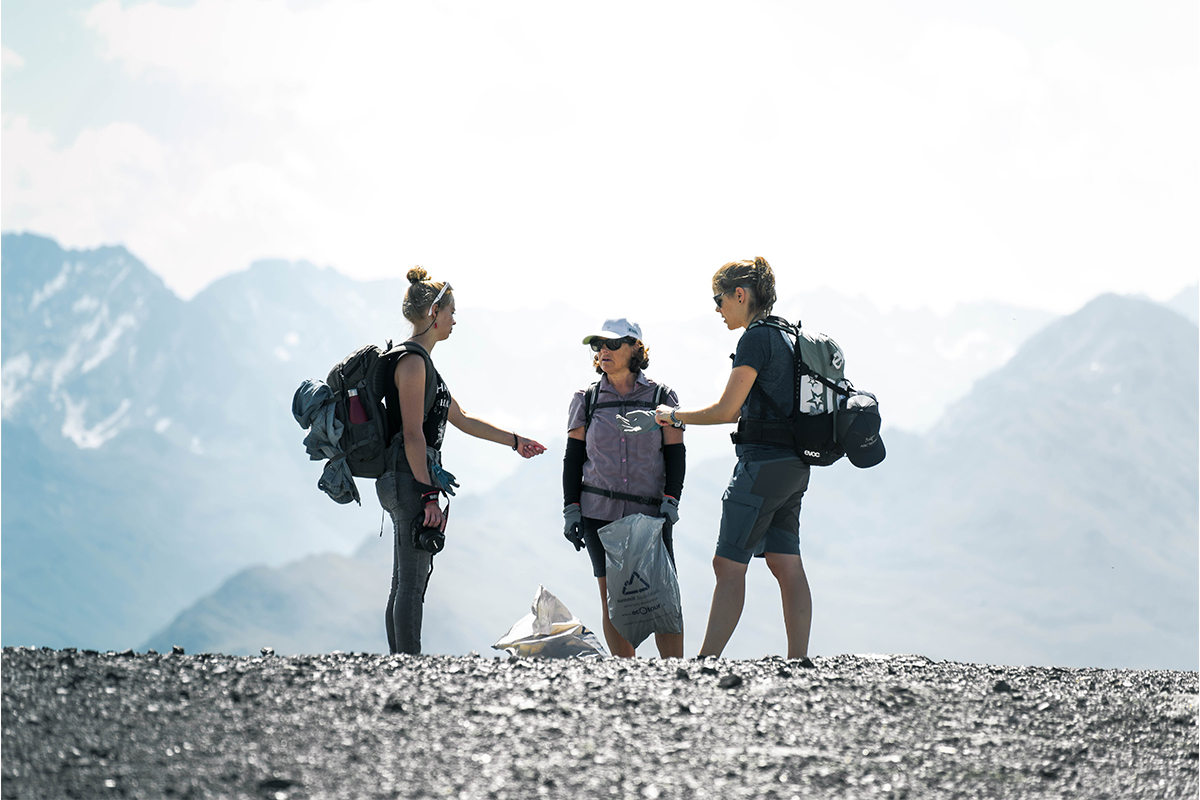
1) How should rubbish be dealt with? The issue of waste in the mountains is not clear to everyone. Often those who are more used to being in the city, and less so on the trails, complain about the scarcity of litter bins, considering it almost obvious that someone would carelessly drop their litter. We must be aware, however, that disposing of waste in the mountains is always very expensive, and we can well imagine that the traditional methods usually used in the lowlands, such as door-to-door collection, cannot always be put into practice at high altitudes, or in any case in an orographically complex territory. This implies that the expensive use of a helicopter is very often necessary. The absence of litter bins must therefore lead to a very simple conclusion: when you go to the mountains, you must get used to always taking your rubbish home. If we think about it, it costs the individual hiker nothing to return home from a Sunday excursion with their rubbish. Bringing home a banana peel and some cheese rinds is an attitude that is easy to apply but invaluable for the preservation of ecosystems.
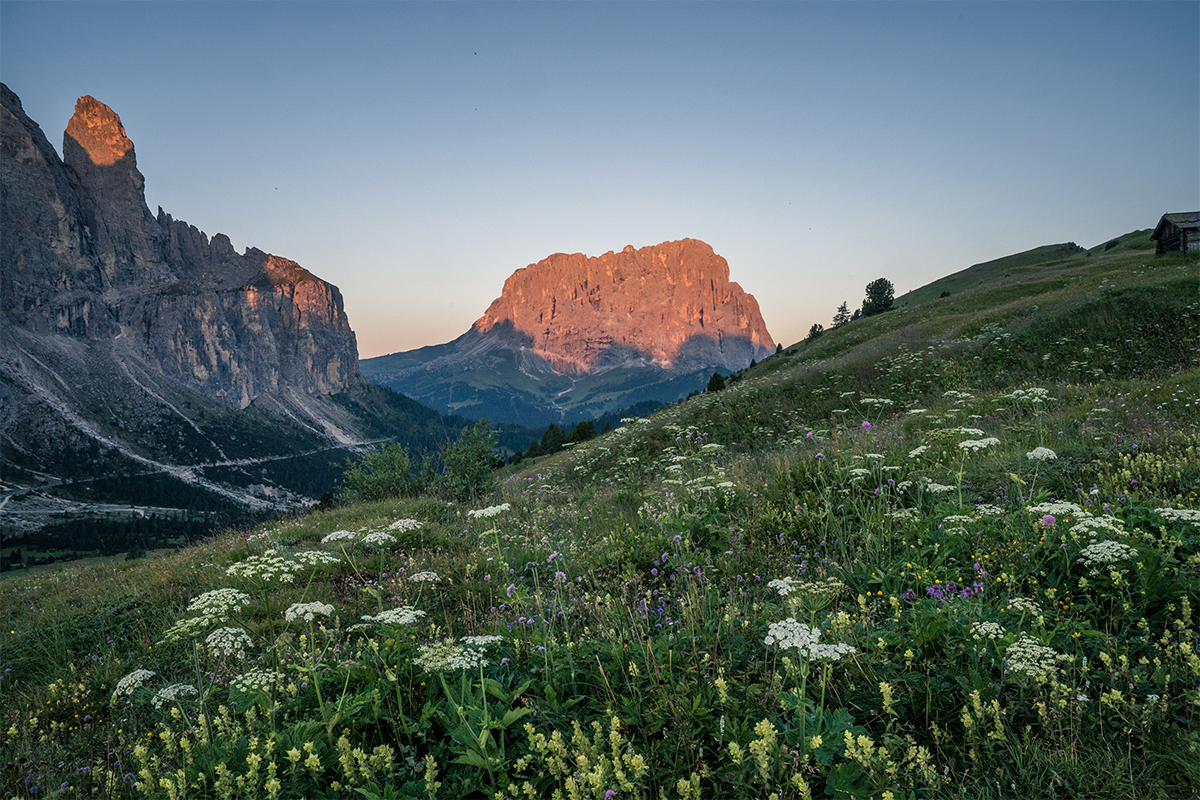
2) We respect nature: flowers are not souvenirs and animals are not enemies! There is little to say about this. What we have always been told since we were children is true and sacrosanct: what is in nature should be left in nature! It is therefore important to avoid picking flowers or destroying mushrooms just because they are inedible and poisonous, disfiguring a habitat in which nothing is superfluous or of secondary importance. The same argument is also entirely applicable to the animal world; vipers and snakes, for example, are not enemies but, together with all the animals of the forest, are the hosts of an environment in which man should always tread lightly.
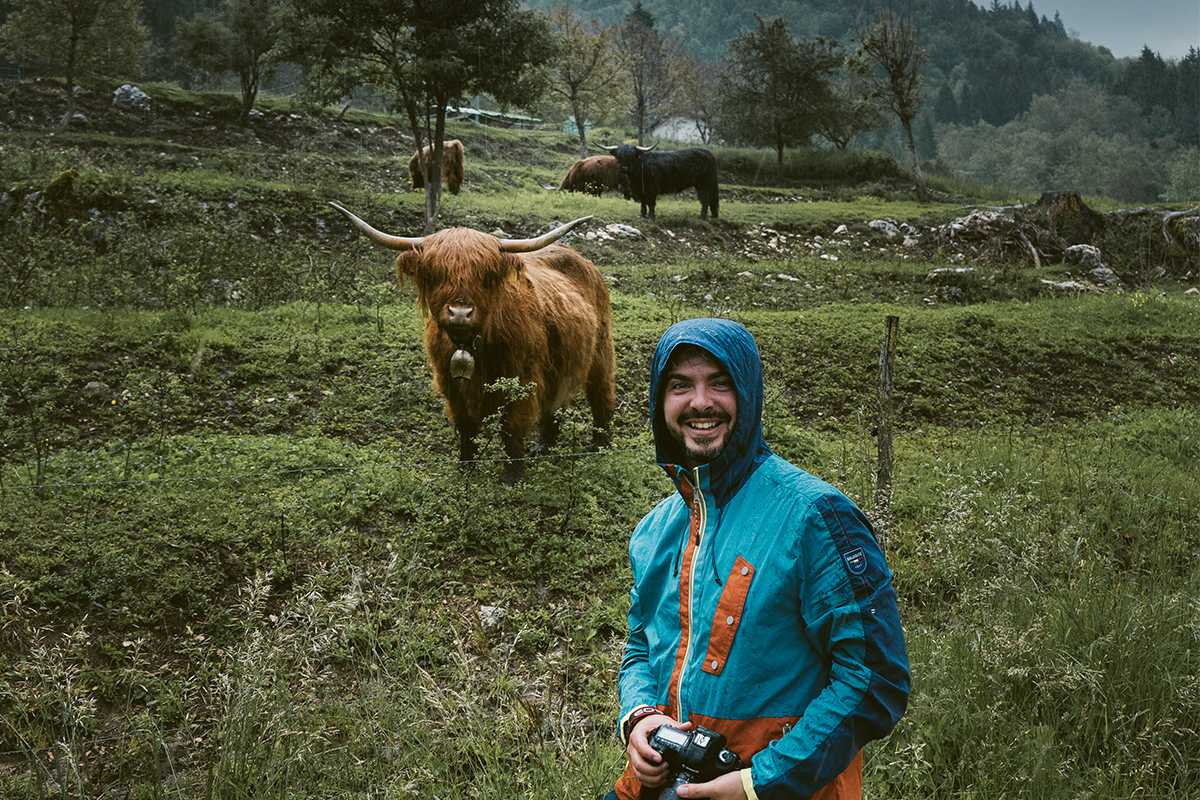
3) Wild animals, somewhere between fear and curiosity. Observing wild animals is a very exciting thing; often it is they who observe us, and this is precisely why it is not always easy to spot them. Our presence is easily perceived (through their sensitive sniffing and hearing) and this makes them very timid and elusive. However, when we do happen to catch sight of one, let us enjoy the moment at a safe distance without panicking or becoming frightened, and without in any way disturbing them or trying to lure them with food. Attempting to domesticate them means irreversibly threatening their very important wild instincts.
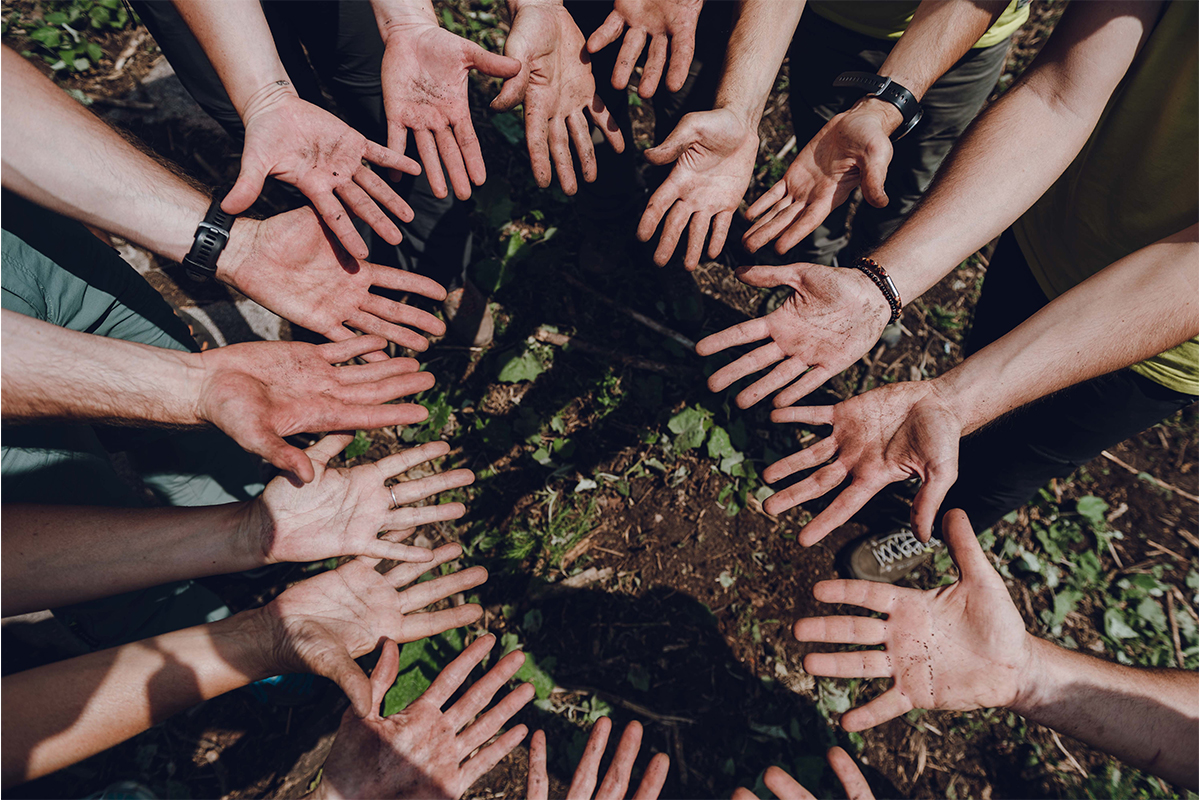
4) Respect yourself. Respecting the mountains also means respecting yourself. Being able to recognise that the mountains are harsh is in itself a great exercise in humility, and it is equally important to approach them with the right equipment. Using the proper gear is not merely sufficient, but it is a necessary component (along with many others) for tackling an adventure responsibly and with a little extra margin for safety. Putting aside for a moment the concept of 'expensive' by buying high-quality equipment inevitably leads to a better weighting of one's consumption, which translates into: buy less but buy well!
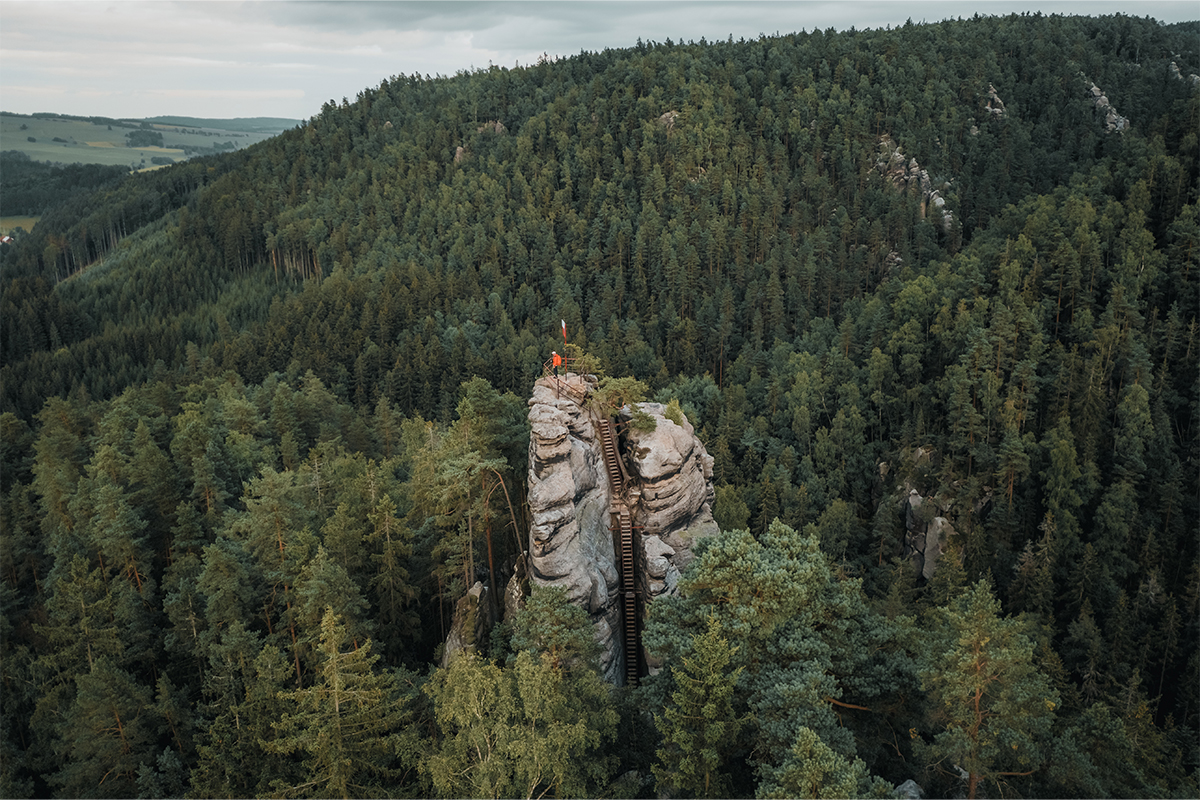
5) Discover more besides what you see. During an excursion, our beloved mountains appear to us as an extraordinary spectacle capable of thrilling us as if it were always the first time, but let's also try to think about what they conceal like a treasure chest. Also exploring the less visible aspects of our host territory (whether cultural, naturalistic or environmental) makes the experience even richer and more intense.
Author: Davide Canil (Kalipè Trekking)

